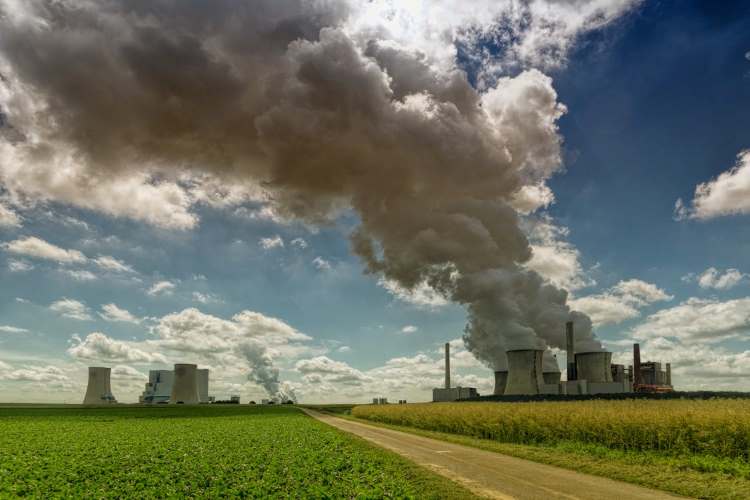The Global South is calling on developed countries to fulfill their commitments to promote sustainable development financing flows.
Union Finance Minister Nirmala Sitharaman recently called for an intensive dialogue on sustainable development finance. Speaking at the World Sovereign Debt Roundtable, he stressed the urgent need for funding to help countries manage their debt without compromising vital investments. He warned against relying on emergency financing instruments as they could postpone debt obligations and worsen future debt problems.
In August, Ms. Sitharaman highlighted the lack of adequate sustainable development financing, a gap that is hindering developing economies from achieving sustainable development goals. He emphasized the urgency of addressing this $4 trillion annual funding gap.
Read | Explain: What is the Namo Drone Didi scheme?
Platform for sustainable development finance
Forums like the GSDR, co-chaired by the IMF, the World Bank, and the G20 Presidency (currently chaired by Brazil), are critical for emerging market economies like India to build investor confidence and mobilize capital. provides the means. The GSDR facilitates communication between debtor countries and creditors, fostering a deeper understanding of debt sustainability and restructuring challenges along with viable solutions.
The concept of sustainable development finance gained momentum after the Paris Agreement, which set global climate goals. Sustainable development was introduced by the Brundtland Commission in 1987, but progress towards securing the necessary funding has been slow. Achieving the SDGs will require major investments and a global effort to align financial flows with economic, social and environmental priorities, as outlined by the United Nations. The 2015 Addis Ababa Action Agenda also emphasized that this transformation will require trillions of dollars.
Amid global challenges such as climate change, poverty and inequality, sustainable finance is essential for a balanced future that combines economic growth, social progress and environmental protection. This urgency is particularly acute for countries like India, which are on the front lines of climate risks. Emerging economies often face further challenges, such as socio-economic inequalities and high costs of renewable energy, due to macroeconomic pressures and perceived risks, and the need for support from global forums. is increasing.
Stagnant progress and lack of funding
Despite ambitious SDG targets, implementation in developing countries has stalled and some indicators are declining. Sitharaman noted that the annual SDG funding gap for developing countries is estimated at $4 trillion. Furthermore, recent global instability has disproportionately affected the Global South. A recent World Bank report highlights that a quarter of developing countries will end the year poorer than before the pandemic.
The United Nations Financing for Sustainable Development Report (FSDR) identifies financing challenges as central to the current sustainable development crisis and a key issue for countries like India. . In response, UN Secretary-General António Guterres recently advocated for an SDG stimulus package of at least $500 billion to increase available long-term financing for development.
The current international financial structure provides some support but falls short of a comprehensive safety net. Ms. Sitharaman reiterated the need for a fundamental overhaul of multilateral development banks to better enable resource mobilization and help developing countries achieve their goals and address global challenges.
Geopolitical conflict and sustainable development finance
Ongoing conflicts in Europe and the Middle East are dampening global enthusiasm for low-carbon initiatives. As economic growth slows, the world’s focus is shifting away from sustainability as other pressing issues take priority. Moreover, no business or national entity will give up low-cost energy or competitive advantage under current pressures, let alone contribute to climate finance. However, according to the World Economic Forum, private capital is essential to closing the gap between development and climate finance.
The Global South, with limited resources to adapt to natural disasters, requires more financial support, so it is up to developed countries to contribute to and address historical imbalances. The Global North, which is responsible for the majority of cumulative greenhouse gas emissions, must recognize its obligation to support sustainable development and climate action. If developed countries are sincere in their commitment to the environment, it’s time to back up words with action and help end climate colonialism.

